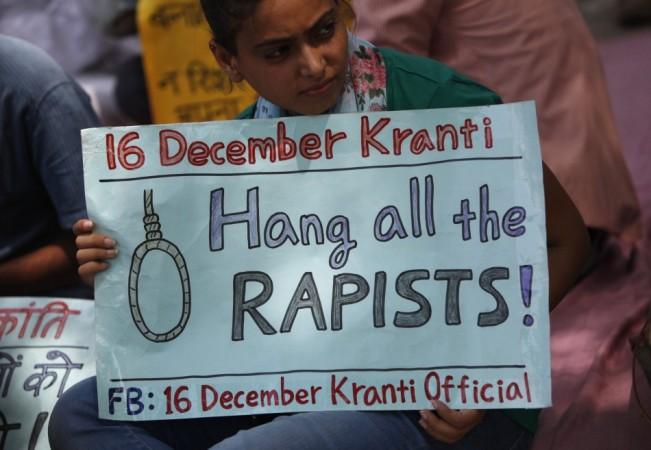
With increasing cases of gory crimes involving minors shocking the nation in recent years, minors above 16 years of age charged with serious crimes are set to be tried as adults. The Cabinet cleared the first step of approving the Juvenile Justice (Care and Protection of Children) Bill, 2014 on Wednesday.
The Bill proposes that juveniles found guilty in serious crimes such as rape will be punished as adults, but they will be spared the noose and a life sentence. While the Cabinet passed the Bill, the draft law has been amended to give the Juvenile Justice Board the discretion to decide if a case, in which a juvenile is involved, is fit to be tried in a regular court. The amendment is likely to be introduced in Parliament in the current session.
The issue of juveniles, involved in shocking crimes such as rape and murder, getting away with a lenient three-year rehabilitation, as was the case in the 16 December gangrape in Delhi, has been raging ever since the gruesome incident in the capital, and was further fanned by the involmenet of two juveniles found guilty in the Shakti Mills gangrape in Mumbai.
Newly-appointed Women and Child Development Minister Maneka Gandhi had said last month that 50 percent of sexual crimes against women were committed by juveniles above 16 years of age and had called for stricter laws as a deterrent to juvenile criminals. She had pushed for the law to be amended for juveniles to be tried on par with adults for grave crimes.
This step towards amendment of the Juvenile Justice Act will especially strengthen the cause of women's safety in the country, going by increasing instances of sexual assaults by juveniles.
Crime statistics compiled by the National Crime Records Bureau (NCRB) has shown that crimes committed by juveniles have been on the rise, with 13.6 percent more crimes by juveniles reported in 2013 compared to 2012.
More importantly, the highest increase in the incidence of crimes committed by juveniles was recorded under 'Assault on women with intent to outrage her modesty' (132.3 percent rise), followed by 'Insult to the modesty of women' (70.5 percent rise) and 'Rape' (60.3 percent rise).
Cases of juveniles involved in 'The Indecent representation of Women' also increased by 450 percent in 2013.
These figures clearly indicate that women are increasingly at the risk of facing assault from juveniles, who have so far been guarded by law from any form of severe punishment.
Last month, the two minors convicted for the Shakti Mills gangrapes in two cases of a photojournalist and a telecom operator were sentenced to 'learn good behaviour' for three years in a Nashik school.
Such impunity for juvenile criminals had even prompted the Supreme Court to say, "You can't have a cut-off date for crime like you have for government jobs."
Currently, accused juveniles are tried by the Juvenile Justice Board and are sentenced to a maximum punishment of three years in a juvenile home.
However, even as the Bill is meant to deter juveniles from committing serious crimes, it also seeks to protect children from abuse.
The Bill will protect children from acts such as corporal punishment and ragging by making them criminal offences. Corporal punishment and ragging entail a jail term of three years and a fine of ₹50,000 for grievous hurt and mental trauma.
Recruiting child soldiers by militant groups is an offence in the new Bill, punishable with up to seven years' rigorous imprisonment or ₹5 lakh fine or both.

















